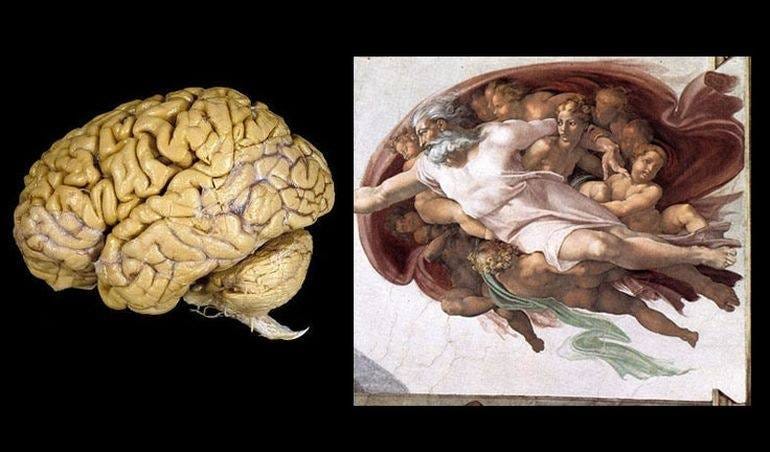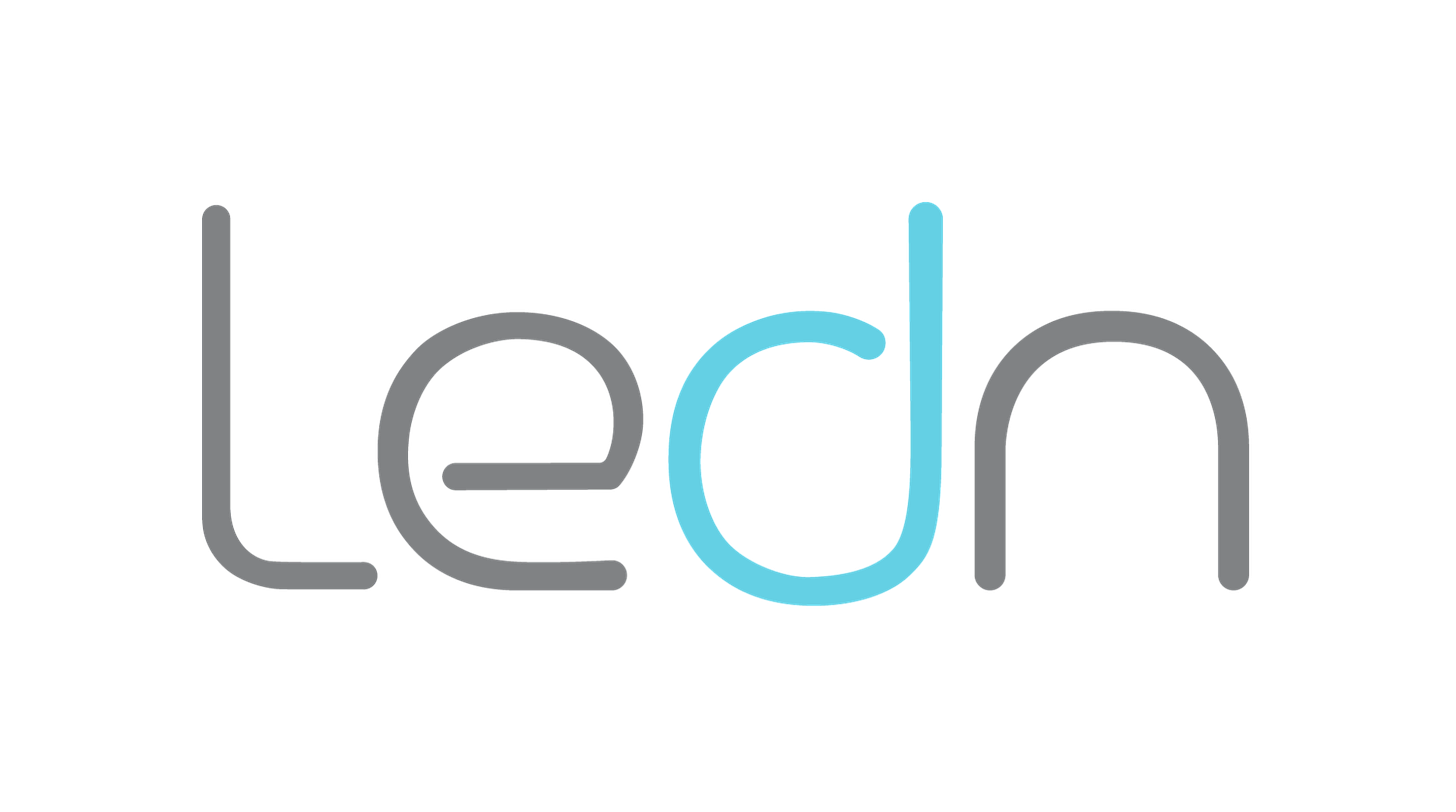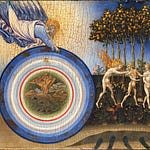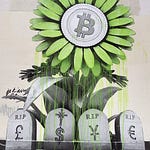*In this multi-part special edition of The Freedom Analects, we will be featuring the excellent written work of author John Vallis titled “Money Messiah: God, Bitcoin, and The Evolution of Consciousness.” This essay beautifully depicts the deeper aspects of value and money, their indispensability to human action, and demonstrates why corrupt money is such a destructive force. John’s original work is available in its entirety here.
God/Reality is ‘Good’
Given the stakes involved, it’s of paramount importance that we contend with the most accurate representation of reality (god) possible. Not doing so, means that our expenditures of limited resources are improperly made, and we fail to ‘sacrifice to’ the precise thing we are intending (at least not as optimally as we could). We therefore sacrifice in vain, by expending our most scarce and precious resources, time and energy, without the optimal return, or even the best corrective feedback.
Because the regenerative hero is the one who sees most clearly the ‘truth’ of the reality in which they’re embedded, they are therefore most able to construct a congruent relationship with it. This permits the most efficient possible engagement with that reality, and therefore provides the greatest opportunity to bring forth the best form of ‘good and useful order’, from the eternal well-spring of potential (‘chaos’ / ‘the unconscious’).
But who defines ‘good’?
We could go through the exercise of identifying and determining the impacts of all actions and their related outcomes, to come to some consensus on what constitutes ‘good’ (and this, indeed, is precisely one of the prime objectives of religious story), however, such an approach may always be stuck in an infinitude of subjectivity. As a result, it seems necessary to invoke an assumption about the nature of reality, which may indeed be the foundational article of faith, which permeates and animates all religious and mythic story, and quite possibly, the nature of reality and existence itself. That assumption, is that god, or whatever force or process generates reality, is fundamentally ‘good’, ‘creative’ or ‘loving’.
If we accept this (and I understand many won’t), seeing and acting ‘in truth’ (maximally truthful information about that reality), is the very process through which ‘the good’ emerges. This is because seeing with a more truthful perception increases the ‘bandwidth’, so to speak, by which that force of generative order may emerge in the world.
Truth thus becomes the fundamental concept for the identification and refinement of moral principles, as it represents the notion, and means, by which the ‘source’ from which they spring is accessed by consciousness.
Perhaps it is for this reason that the pursuit of truth is so often associated with, or even tantamount to, the pursuit of ‘god’.
Peterson:
“Christ said, put truth and regard for the divine in humanity above all else, and everything you need will follow.”
It seems to me that the religious stories are attempts to convey what ‘living in truth’ (living in as perfect a relationship as possible with the primary force(s) of generative order) actually looks like, and they necessarily must do so by articulating, through symbol, dramatic narrative and metaphorical abstraction, the very structure of the reality we experience.
This is why the religious stories aren’t so much about ‘how to act’, but ‘how reality works’, leaving the individual, necessarily, with the freedom to determine how best to engage it.
*Join me at the biggest event of the year, Bitcoin 2022. See below for 10% discount on tickets*
“Bitcoin 2022 Conference is the biggest gathering of the Bitcoin ecosystem in the world. Join me and the movers and shakers shaping the Bitcoin future next April 6-9th in Miami Florida for Bitcoin 2022 Conference.”
Paying with Fiat? 10% Affiliate link: http://tixr.com/pr/robertbreedlove/26217
Paying with Bitcoin? Use promo code: BREEDLOVE.
I stumbled upon a post by an anonymous reddit user that I thought explained this dynamic nicely:
“The more attuned you are to truth, ie. the more accurately your internal map reflects outward reality, the better prepared you are to exchange information and actions with that reality. If our internal representation provides an accurate model which reflects God’s properties, we are more capable of interacting with God in relationship.”
It is in this light that truthful information, and the truthful perception it fosters, is seen as being of primary importance, as it best determines the validity of the actions we take. It permits us to optimize our ‘exchange’ with reality, as we seek to offer some aspect of our limited selves, for something else that makes us ‘less limited’ (vis a vis our ideal).
So when we ask the question, ‘what is the thing of greatest value?’, perhaps it’s simply the thing that every ideal elevates — the truthful information which most permits movement toward it.
In this way, if ‘truth’ is the means of mitigating/reducing limitation (by facilitating movement toward an ideal), then the greatest truth is that which most resolves limitation — that is, grants liberation — or union with the ‘highest’ ideal/principle.
Indeed, “The truth shall set you free.”
To bring us back to the statement and framework we’ve been exploring, it would seem that truthful information is critical for the optimal structuring of value hierarchies, as it permits the establishment of the greatest congruence possible with the forces of our environment (social, natural, ‘invisible’ etc.), and thus permits us to move through it as efficiently as possible, toward the attainment of our highest ideal (and any subordinate to it).
Said another way, the fidelity and integrity of the information used to orient and order any hierarchy, determines its ability to establish congruence with the environment in which it’s attempting to navigate, and therefore, its ability to collaborate with it in the generation of desired experience.
The Other Gods
Of course, hierarchies are not solely an individual phenomenon. As we interact with others who share the ‘territory’ with us, we encounter their hierarchies — and the ideals which orient them — through their behaviours.
An ‘external’ hierarchy then takes shape, which reflects the aggregate value hierarchies of all individuals — we call these, ‘markets’.
As these value hierarchies interact, they adapt and reorient to one another. They also permit comparison. The process of comparing value, and importantly, acting it out, is what shapes the hierarchy of the market, revealing to all what is more or less ‘valued’.
As we are pulled forward by our ideal(s), or future image of ourselves (even if that image is just one of ourselves having something new), our minds become tuned to see opportunities that can get us there more quickly or efficiently. Counterintuitively, it is the differences between our goals, or at least the timelines on which we are striving to reach them, that drives our willingness to cooperate and trade (because desiring the exact same thing, at the exact same time, as someone else would mutually exclude any benefit).
Interestingly, this constitutes a kind of ‘uniting of opposites’, which brings together one person who wants to sell a particular item, and another who wants to do the exact opposite, in buying it. The result is the increased order that is generated by the exchange, represented in the moving of both more expediently toward their goals.
Peterson:
“The behaviour of any given social group — and, therefore, the value attributed to phenomena that constitute the shared territory of the group — emerges as a consequence of the necessity of maintaining balance between opportunity for expression of individual desire and restriction of inter-individual conflict.”
Optimizing for the attainment of individual desire, while maximally mitigating conflict, is precisely what markets based on voluntary exchange best achieve.
*Ledn has recently launched a Bitcoin-based home mortgage product. Now you can buy your dream home without selling your Bitcoin!
Sign up with Ledn to get started today: https://mortgage.ledn.io/
If your contribution in a market is deemed to be ‘of value’, that is, if your behaviour is congruent with the ‘truth’ of the market (sound familiar?), you are rewarded.
Your rewards are in proportion to the value the market places on the ‘truth’ you satisfy or discover (the facilitation of the advancement of someone, directly or indirectly, toward their goals).
Peterson:
“A dominance hierarchy is a social arrangement which determines access to desired commodities. In most cases, these commodities are cues for consummatory reward — experiences that signify movement toward or increased likelihood of attaining the desired goal. Relative position in the dominance hierarchy — at least in the perfectly functioning society — is in itself determined through social judgment. That judgement reflects appreciation of the value of a particular individual. That value reflects how society views the ability of that individual to contribute to the attainment of the goal….Every phenomenon, experienced within the confines of a particular society, is laden with dominance-hierarchy and goal-schema relevant information…The dominance hierarchy of value, extant socially and intrapsychically, employs fear (and promise) to regulate access to desired commodities — to determine the net motivational significance of particular events and processes.”
It seems then that the relative scarcity of desired commodities, and the resources of each individual, are what allows such hierarchies to form.
Once again, limitation is seen as the mechanism which generates form and order, by permitting the process of relative valuation, and thereby playing a critical role in elucidating the ‘net motivational significance’ of things, that is — their value.
The foundation of any market is optimized, in so far as it propagates, or transmits with equal weight and pristine fidelity, the information derived from market actors. If not, then there is imperfect communication of and between the value hierarchies of those participants. In such a case, behaviours become incongruent (or at least sub-optimally so), as they depart from having the necessary information to be properly structured in relation to one another — that is, they become pathological, and lead to dis-order.
The mechanism by which these value hierarchies communicate and become ordered (or disordered), is therefore of paramount importance.
We have a name for that mechanism — ‘money’.
In Part 6, we will look more closely at why money and consciousness are mutually influential patterns…
Thank you for reading Money Messiah (Part 5).
PODCAST
SOCIAL
SUPPORT
Send Bitcoin to my PayNymID: +tightking693
RECOMMENDED BUSINESSES
Automatically buy and withdraw Bitcoin ($10 in free Bitcoin here)
Join Me at the Bitcoin 2022 Conference in Miami, FL (Code: BREEDLOVE)
Home Delivered Organic Grass-Fed Beef (Discount Code: BREEDLOVE22)
Bitcoin-based home mortgages with Ledn: A better home for your Bitcoin
If you’ve found my work to be valuable, please join our private telegram group:


















Money Messiah (Part 5)